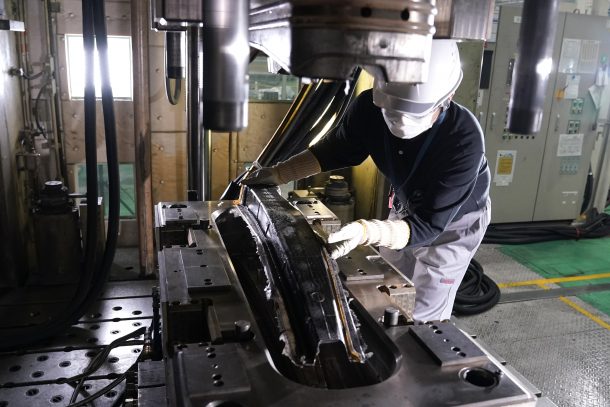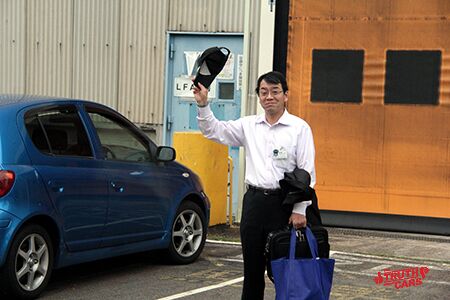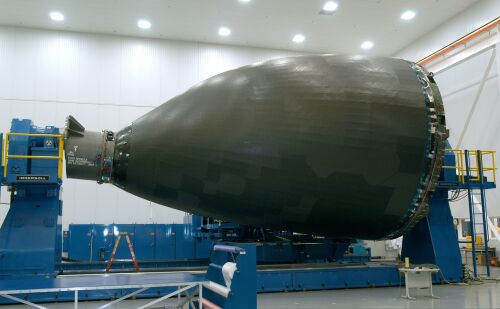#cfrp
Nissan Announces 'Breakthrough' in Carbon Fiber Production
Once reserved for aircraft and the world’s most expensive sports cars, carbon fiber has been gradually wriggling its way into the mainstream. On Thursday, Nissan announced it had whipped up a method to manufacture carbon fiber reinforced plastic (CFRP) more easily and shorten production time by around 80 percent — adding that it planned to take advantage of the material in order to build increasingly lightweight cars.
The manufacturer also suggested the new process will reduce the cost of manufacturing CFRPs, addressing the industry’s favorite excuse for why they don’t use it more often. That said, the financial inconvenience of implementing carbon fiber is really a byproduct of how labor intensive it is. Most parts are laid into molds one layer at a time with the help of an expert and use vacuum pressure to ensure the resin sets evenly, since they can’t be machine pressed. Yet Nissan felt stamping was the way to go with carbon fiber and claims to have figured out how it should be done.
A Look at BMW Carbon Fiber Production for the I3 Electric Car
One of our readers, Noble713, commenting on a news items about the BMW i3, asked if TTAC could provide more coverage on BMW’s carbon fiber productions methods. The i3 EV, and upcoming i8, are built upon CFRP structures. Weight is the enemy of electric vehicles. The more weight you can take out of the actual structure of the car, the more battery cells you can carry for more power and better range, hence BMW turning to carbon fiber. It turns out that BMW has released a series of videos (bilingual, wait for the English) on that very topic. Their CFRP production uses materials made by SGL Automotive Carbon Fibers, a joint venture between the BMW and SGL groups and the effort spans the globe. SGL has expertise in carbon fiber and in 2011 BMW took a 15% stake in the company.
Hackenberg: Carbon Fiber Still Too Slow For Mass Produced Cars, But Getting There
Volkswagen’s R&D chief Dr. Ulrich Hackenberg is cautiously optimistic about the use of carbon fiber technologies in volume cars. Said Hackenberg today in Wolfsburg:
Remember This Top Secret Facility? You Have Been There
After Toyota ended production of the Lexus LFA and closed a chapter of supercar history, National Geographic aired its documentary as part of its Megafactories series. “Up until now, no television cameras have ever been allowed inside this top secret facility,” says the film. The words were carefully chosen. You, the TTAC readers, had been there long before the film went on air.
Sayonara, LFA
LFA Chief Engineer Haruhiko Tanahashi says good-bye
As intimated last week, Toyota’s production of its LFA supercar is coming to an end. On Friday, LFA #500 left the assembly line at the secretive LFA Works in Toyota’s Motomachi plant. After a week of testing, the car will be delivered to its undisclosed owner.
BMW And Boeing In Carbon Fiber Alliance
BMW and Boeing will share know-how about making carbon fiber. BMW says it signed a collaboration agreement “to participate in joint research for carbon fiber recycling as well as share manufacturing knowledge and explore automation opportunities.”




















Recent Comments